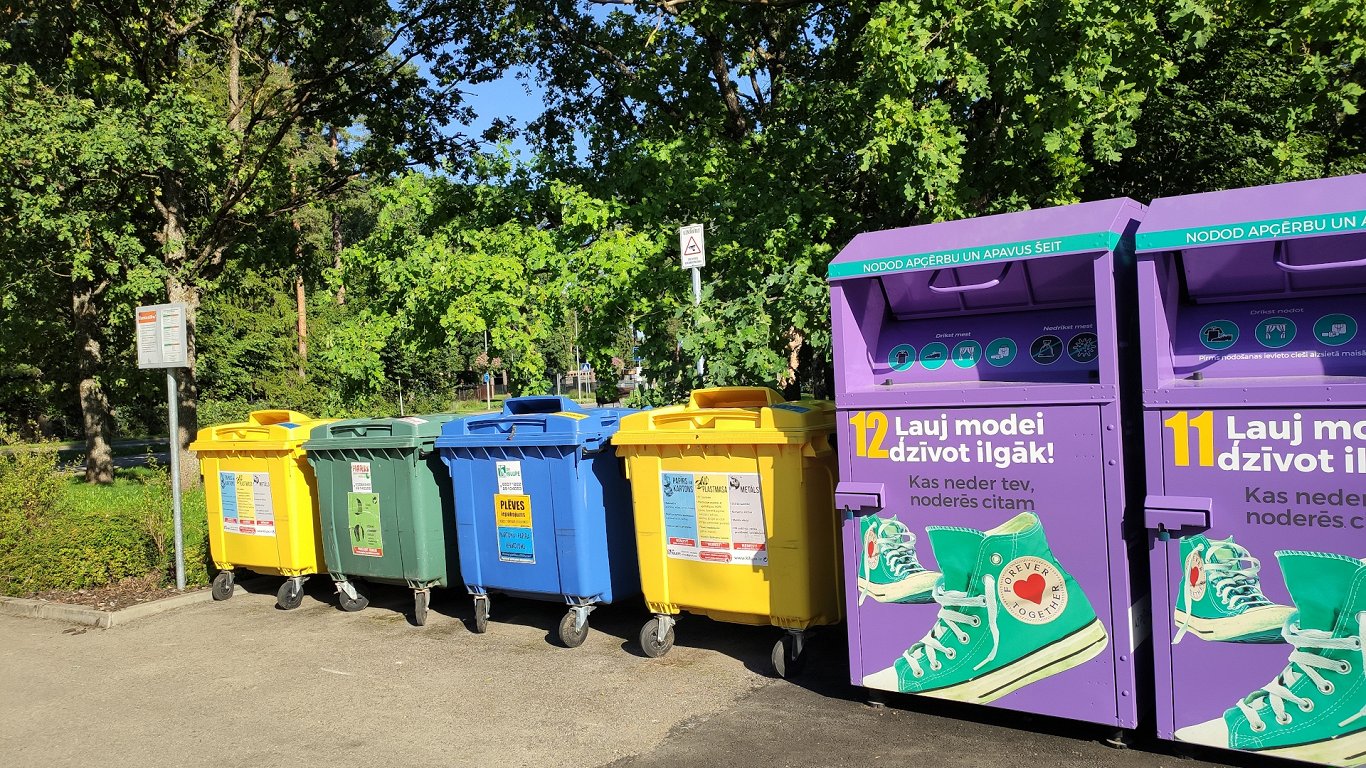An EU citizen produces up to 500 kilograms of municipal waste per year on average. Latvia will reach this level within ten years at the current rate, as estimated by Getliņi Eko, where 400,000 tonnes of municipal waste come to the landfill per year. This is about half of all municipal waste in Latvia.
In a study carried out in October, the company Getliņi Eko found that more than 80% of Riga and Pieriga residents addressed would be motivated to reduce the amount of unsorted waste by practical advice and information on benefits. The study also found that nearly two-thirds of residents in the capital and surrounding areas don't pay attention to reducing the amount of waste on a daily basis because they don't see the motivation, don't want to change habits, or find it cumbersome.
Imants Stirāns, head of Getliņi Eko, said: “The more prosperous society, the more waste. The second thing is that there are people who are not prepared to get to work and try to balance somehow between convenience and measures meant to preserve the environment. Educating people, thinking, changing habits is not doable today until lunchtime, it takes years. The problem is not in the containers. It's in people's heads. You have to try to tell a person that it's not good to generate, throw out, or use for a short time. ”
To reduce the amount of municipal waste, the company launched a campaign on Tuesday that will last two months.
Līga Šmite, head of the Environment and Development Administration of Getliņi Eko, said: “It seems to us that the moment [of the campaign's] launch is very right, given that now it is both Black Friday, which is also popular in Latvia, and the approaching Christmas, when people get a shopping fever. People are planning overbuying, maybe not necessarily thoughtful buying. Accordingly, we will try to replace it with practical advice, how we could otherwise do things so that the amount of waste is reduced.”
Meanwhile, the association Zero Waste Latvia believes the problem needs to be addressed differently. They say the state needed to cut the tariff on organic waste containers. The reason is that bio-waste accounts for up to 40% of all waste, noted the organization's representative Maija Krastiņa.
“The system is really not comfortable for a person. Sorting containers are very difficult to access, people find no financial motivation because very often, especially in micro-districts, the amount of waste generated cannot be affected in any way. There's a whole bunch of logistical problems out there that unfortunately don't motivate a person, and they don't see the point in that. The system is so crooked that we have to ask for this container to be installed. If even a container is mandatory as in Rīga, for example, if we do not each take this step, then there is no container. There has to be a standard solution - we know there are 60 apartments in the house, [so] there has to be such and such container. People just don't know who to turn to, they don't know they have to order the containers themselves,“ Krastiņa said.
It should be mentioned that Latvia, like other EU countries, will be able to landfill only 10% of all waste in 2035.




























